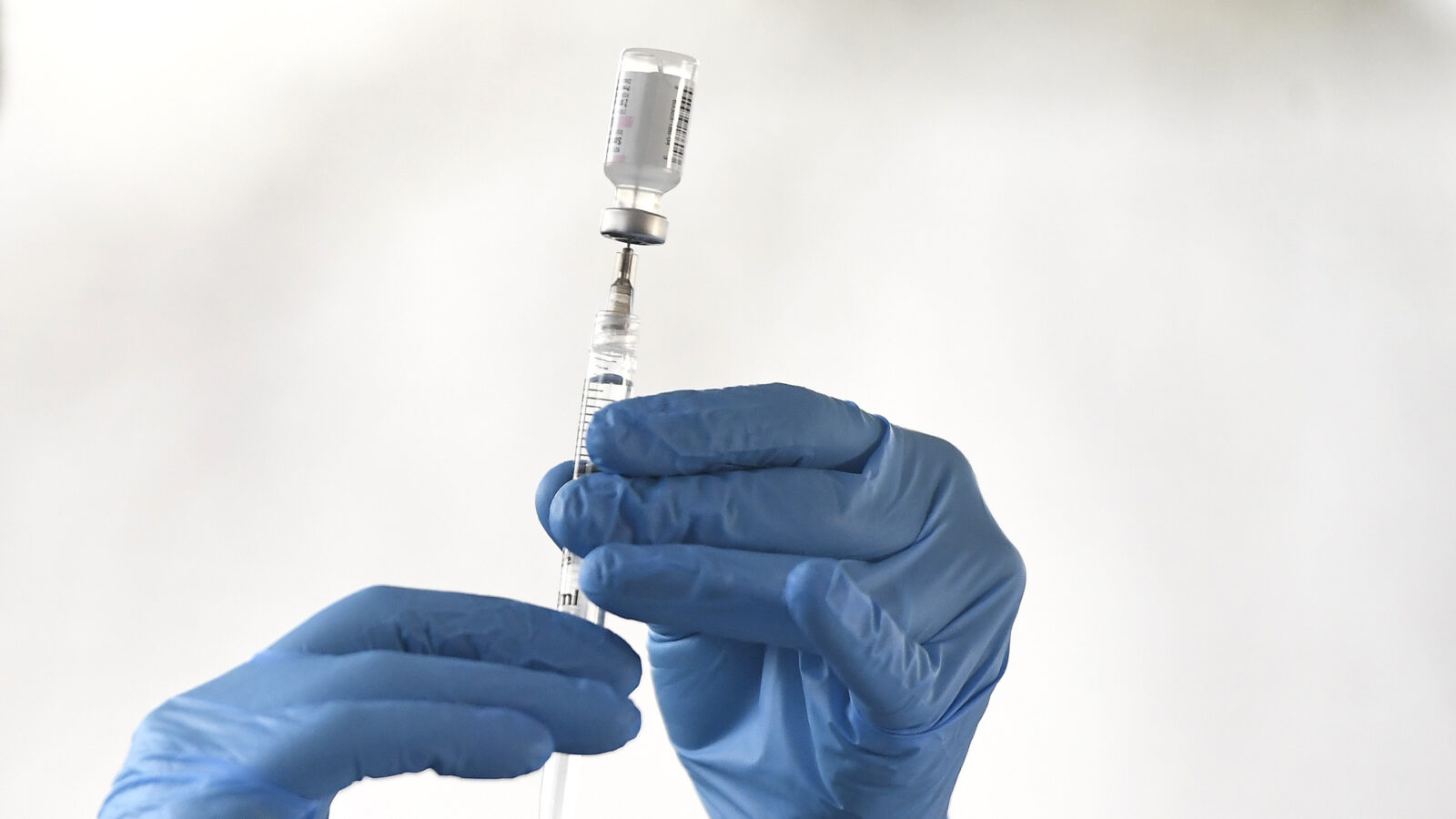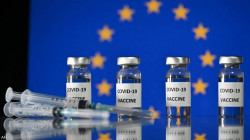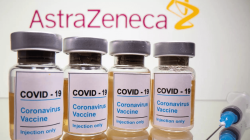Germany suspends use of AstraZeneca vaccine, along with Italy, France, Spain

The Health Ministry announced that use of the vaccine was "suspended as a precaution" on the basis of advice from the national health regulator, the Paul Ehrlich Institute (PEI). According to the Health Ministry, the European Medicines Agency (EMA) will decide "whether and how the new information will affect the authorization of the vaccine" pending an investigation.
"After new reports of thrombosis of the cerebral veins in connection with the vaccination in Germany and Europe, the PEI considers further investigations to be necessary," the Health Ministry announced.
German Health Minister Jens Spahn said "the decision is a professional, not political one," following advice from the PEI. Spahn said the risk of blood clots from the AstraZeneca jab is low, but could not be ruled out.
"The most important thing for confidence is transparency," Spahn said during a briefing.
French President Emmanuel Macron said France would suspend the use of the vaccine pending a review from the EMA. The EMA said it will hold a special conference on Thursday to conclude its assessment of the vaccine.
"EMA currently remains of the view that the benefits of the AstraZeneca vaccine in preventing COVID-19, with its associated risk of hospitalization and death, outweigh the risks of side effects," the EMA said in a statement on Monday.
In addition to Germany, Italy and France, other nations across Europe and worldwide have halted use of the vaccine because of possible clotting risks. Last week, Denmark became the first country to suspend implementation, with Norway, Iceland and Bulgaria following.
Non-European nations to have suspended use of the vaccine include Thailand and the Democratic Republic of the Congo.
Virologist and associate professor at Northumbria University in the UK Sterghio Moschos told DW on Monday that governments should provide clear messaging about their decisions to suspend the AstraZeneca vaccine.
"It's really, really important that we give clear, concise and carefully thought-out messages," Moschos said, citing the prevalence of conspiracy theories and misinformation surrounding vaccines. "So in that respect, I fully support the decision of any lawmaker to stop, have a look and take into consideration the data."
"What we know is 17 million people have received the vaccine and 37 people have developed these blood clots. That corresponds to .0002% of actually anybody that has been vaccinated getting a blood clot," Moschos added, saying he would take the AstraZeneca vaccine "straight away" if it was offered to him.
Source: DW




